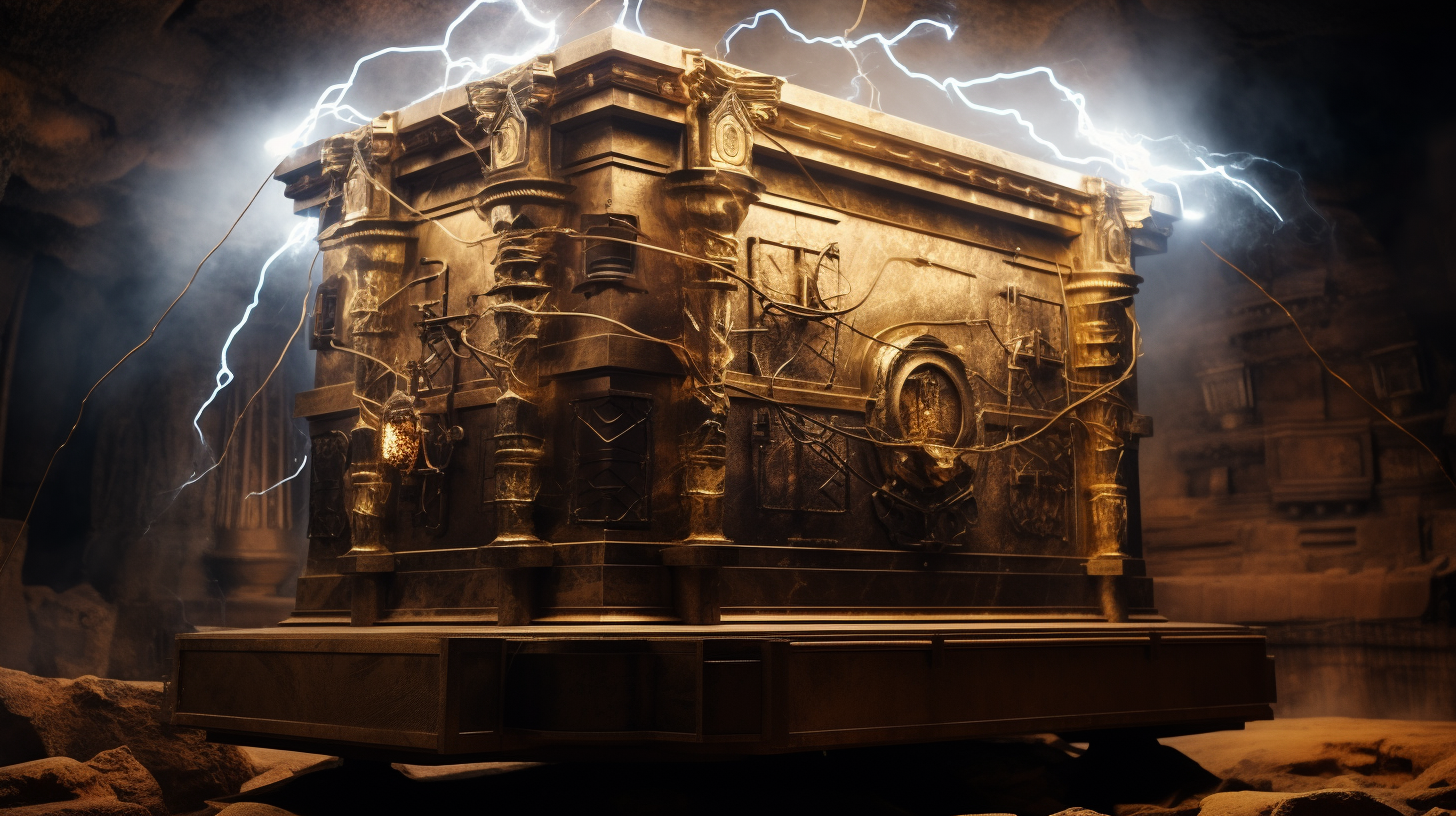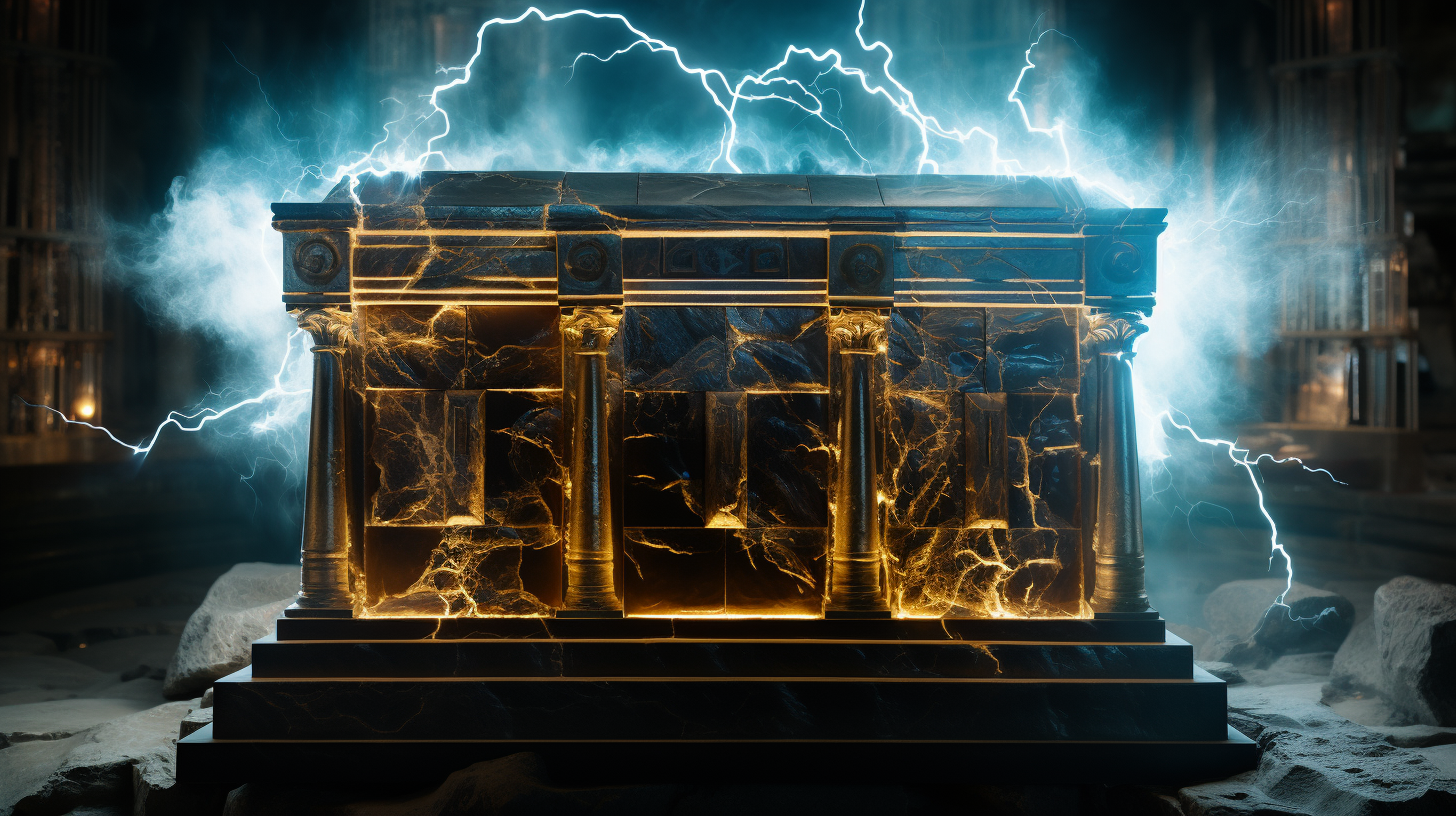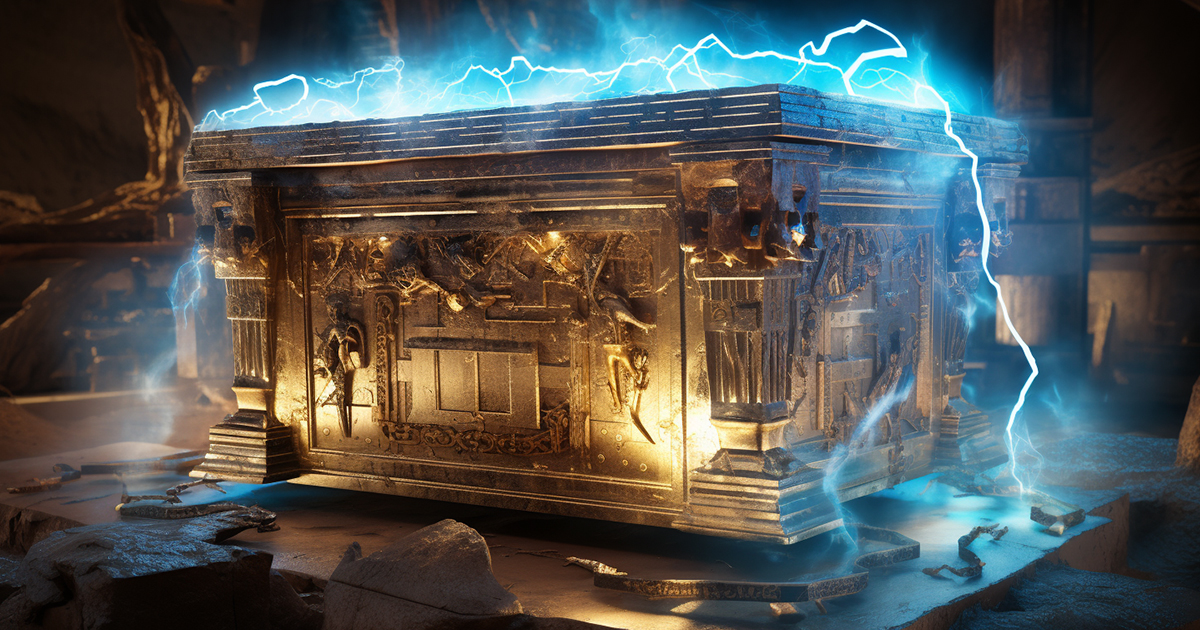The Ark of the Covenant, an ancient relic of immeasurable significance, has captivated the human imagination for centuries. Mentioned not only in the Old Testament but also scattered throughout the Bible, this golden chest is believed to have held the divine power of the Almighty.
Its enigmatic disappearance from history has spurred countless quests for its unveiling, but is the world really prepared for its reappearance?
According to the Old Testament, God instructed Moses to construct the Ark, making it a central piece of religious lore. Its significance extended beyond the religious realm, for it was said to possess apocalyptic power, a notion that continues to intrigue seekers to this day.
Many have embarked on fervent expeditions in search of the lost Ark, each fueled by the belief that they are on the brink of unlocking its mysteries.
But perhaps the most compelling narrative surrounding the Ark is not the pursuit to find it, but rather the prophecy that one day, it will return without anyone actively seeking it.
This biblical prophecy adds a layer of mystique to the Ark’s story. It isn’t confined to the Old Testament but appears in the Book of Hebrews and, intriguingly, in the Book of Revelation.

In Revelation 11:19, it is foretold that the Ark of the Covenant will only be revealed in the end times, accompanied by cataclysmic phenomena, including lightning, thunder, earthquakes, and hailstorms.
The convergence of the Ark’s prophesied return and the ominous events described in Revelation further deepens the intrigue. Notably, this revelation is believed to coincide with Armageddon, an end-of-the-world battle site known as Tel Megiddo in Israel.
Could this ancient city hold the key to the Ark’s reappearance, as foretold in these age-old prophecies?
However, the notion of the Ark’s return raises profound questions. In our modern world, miracles are often met with skepticism. The Western society we inhabit seldom embraces the idea of an artifact capable of flattening mountains or smiting enemies.
If the Ark were to resurface and genuinely possess divine properties, it would undoubtedly reshape our perception of the world.
The perpetual quest for relics, like the Holy Grail, Noah’s Ark, and the Ark of the Covenant, stems from a fundamental desire for tangible evidence to validate faith.

Archaeology occasionally aligns with biblical narratives, offering glimpses of confirmation. However, the rediscovery of the Ark could represent the ultimate validation for believers worldwide.
Yet, the prospect of wielding the power attributed to the Ark also raises ethical questions. Are we prepared to handle an artifact with such divine potency in an era defined by complex moral and ethical dilemmas? The existence of such an artifact could, paradoxically, challenge the very essence of faith and spirituality.
Video:
In a world that hungers for tangible proof, the Ark of the Covenant remains one of the most sought-after relics. Its legend persists, promising an eventual return that could redefine our understanding of faith, power, and the boundaries between the human and the divine.
Whether this prophetic relic will resurface or remain concealed in the annals of history is a question only time can answer. Until then, the Ark of the Covenant continues to be an enduring enigma, waiting silently for its moment to once again cast its spell on the world.

20 thoughts on “The Mysterious Legacy: Ark of the Covenant and Its Prophetic Return”
Comments are closed.